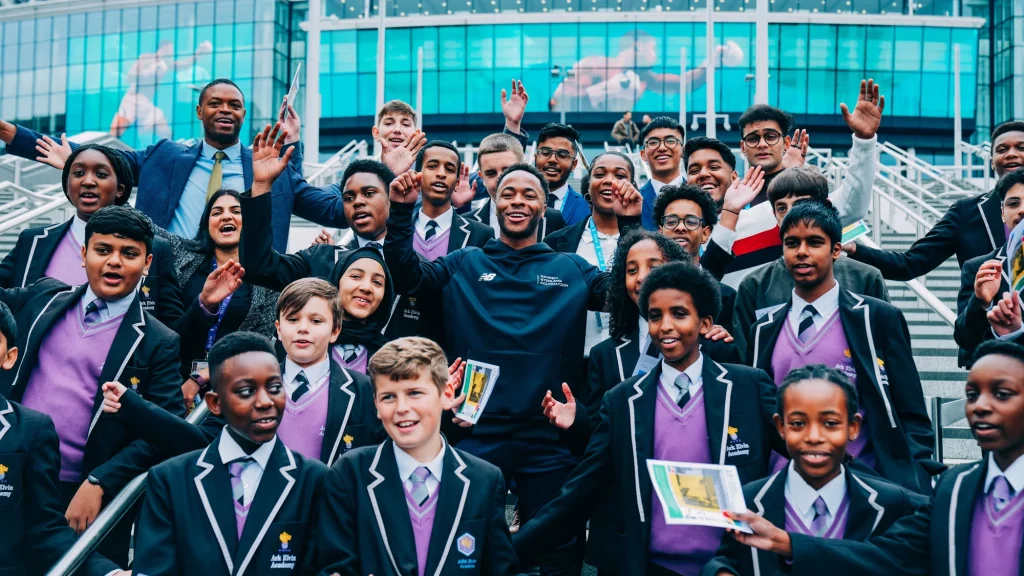In a world captivated by the glamour of football, it’s easy to forget that many Premier League stars have risen from humble beginnings. Their journeys are not just stories of talent but testaments to resilience and determination. These athletes hold a unique position to inspire young people, particularly those from disadvantaged backgrounds, to dream big.
Social mobility remains a pressing challenge in the UK. Data reveals that young people from disadvantaged backgrounds often face systemic barriers that hinder their potential. For instance, children eligible for free school meals are less likely to achieve top grades at GCSE, with only 25% reaching the benchmark in 2022 compared to 55% of their peers.
Geographic disparities are significant. Growing up in a deprived postcode can limit access to high-quality education and career opportunities. Race further complicates the picture. According to government statistics, unemployment rates for Black and Asian individuals remain disproportionately high compared to their White counterparts. These figures underscore the importance of targeted interventions to break the cycle of disadvantage.
Raheem Sterling has actively supported ESG initiatives in sport that resonate with his personal journey. Through the Raheem Sterling Foundation, he has launched a scholarship program to assist Black, African, and Caribbean heritage students in accessing higher education. This initiative financially supports selected King’s College London and the University of Manchester students. By alleviating financial burdens, Sterling enables these students to focus on their education and future careers.
Sterling’s commitment to social mobility is deeply rooted in his own experiences. Having faced a challenging upbringing and racial discrimination, he understands the systemic barriers that can impede success. His foundation offers financial assistance and mentorship opportunities, reflecting the pivotal support in his development. By sharing his story and actively engaging in these programs, Sterling serves as a relatable role model, demonstrating that with determination and support, overcoming adversity is possible.
As much as their employers dilute their impact, Premier League players are more than athletes. They are athletic role models with the power to inspire. By championing social mobility programs and core athletic values, they can create a ripple effect that extends far beyond the pitch and ethics in sport debate. Whilst it’s incredible what Raheem is offering to those academically equipped to attend King’s or the University of Manchester, a university education is a step too far for many.
With more than 740,000 people starting apprenticeships in England between 2021 and 2022, apprentices and technical educational programs provide practical, hands-on learning that leads directly to employment. Technical education qualifications, such as T-levels, are also gaining traction as alternatives to traditional academic routes, equipping young people with the skills needed in high-demand industries.
Current players (and retired like the Rio Ferdinand Foundation), through their platforms, can elevate these opportunities. By partnering with organisations (government, local councils, charities) that promote apprenticeships and technical education, they can bridge the gap between young people and life-changing prospects. Their endorsement carries weight, particularly for those feeling disconnected from traditional education.
One key player in the push for social mobility is the Gatsby Foundation, a charitable organisation dedicated to advancing technical education in the UK. Gatsby’s initiatives focus on improving the quality of vocational training, supporting employers in offering apprenticeships, and ensuring young people from all backgrounds have access to these opportunities. The average length of a Premier League career is two years and three months, so for many, a second career is vital. The Gatsby Foundation helps young people find careers in Broadcast and Media Systems engineering, data analysis and marketing.
For young people facing systemic barriers, these programs offer hope, opportunity, and a chance to rewrite their stories, just like their footballing heroes.




